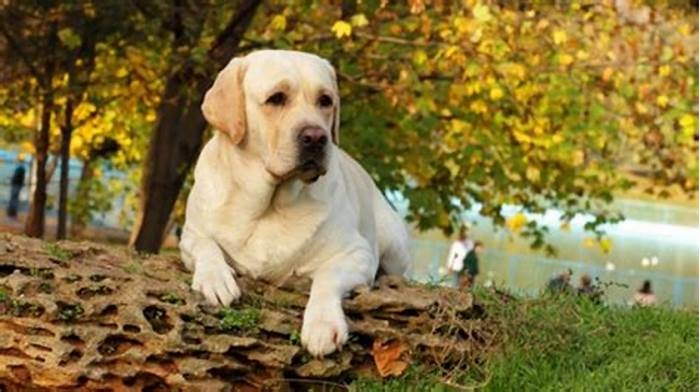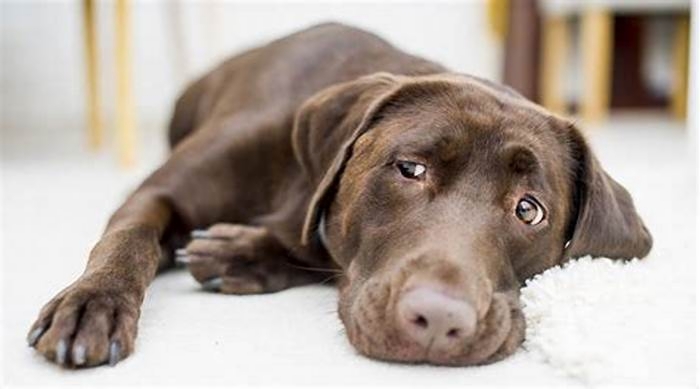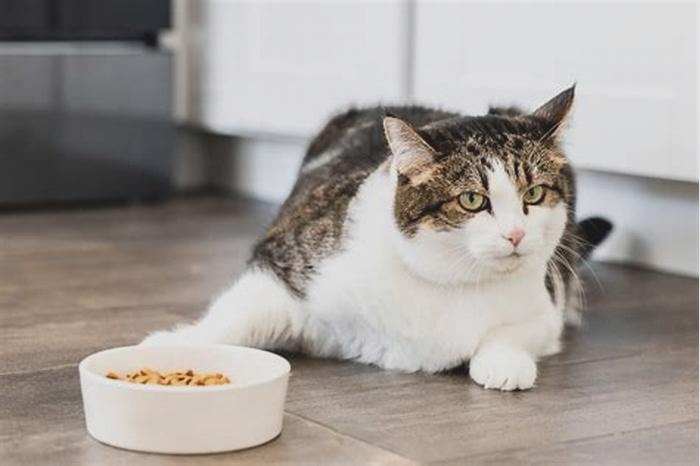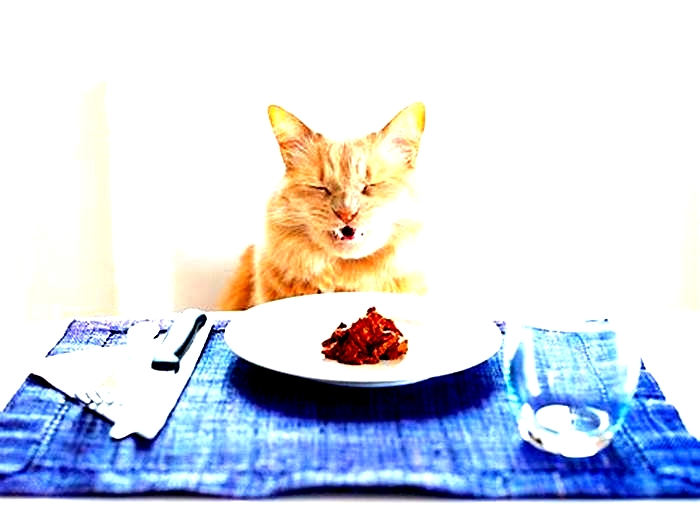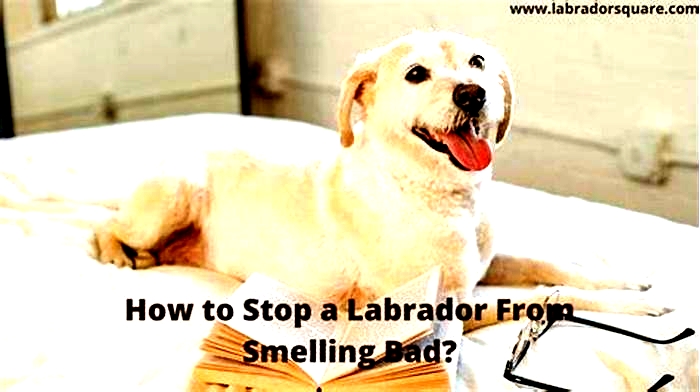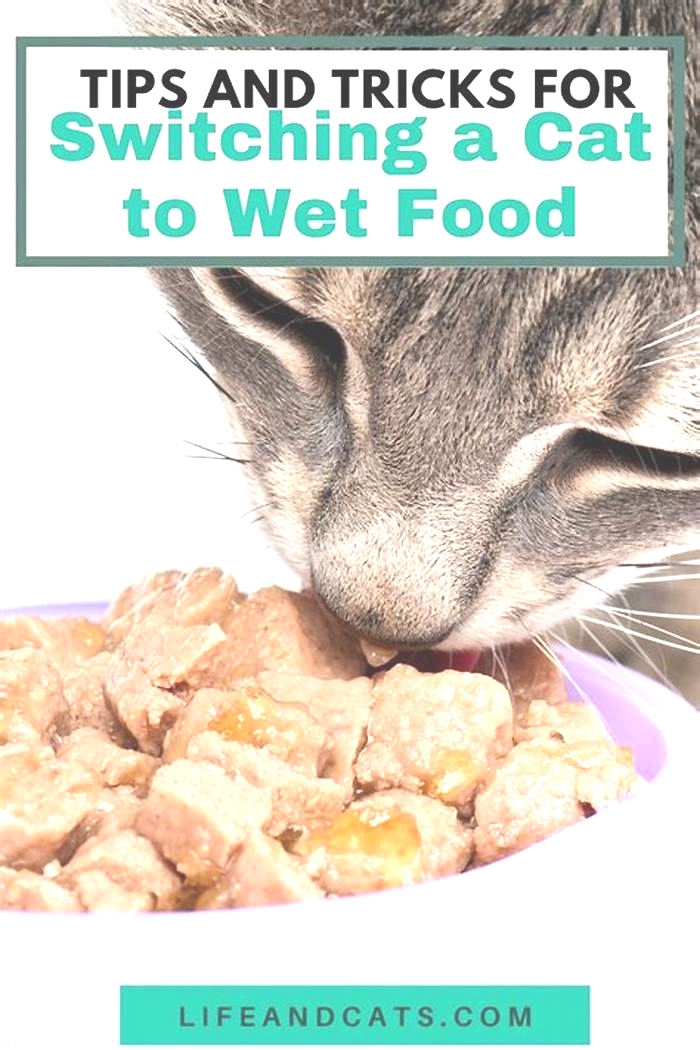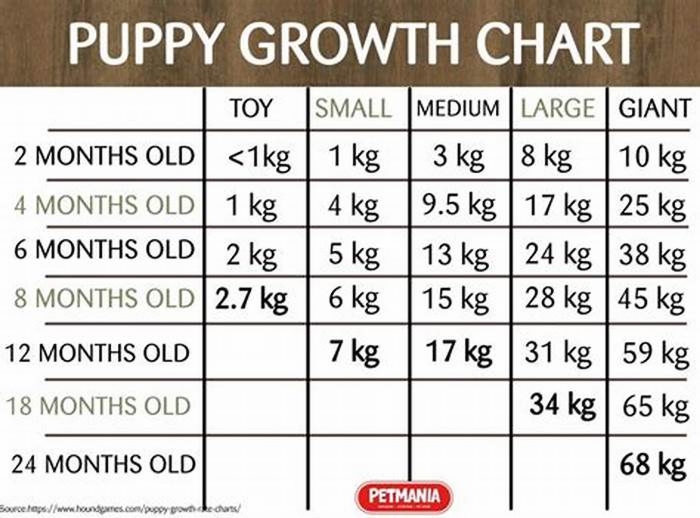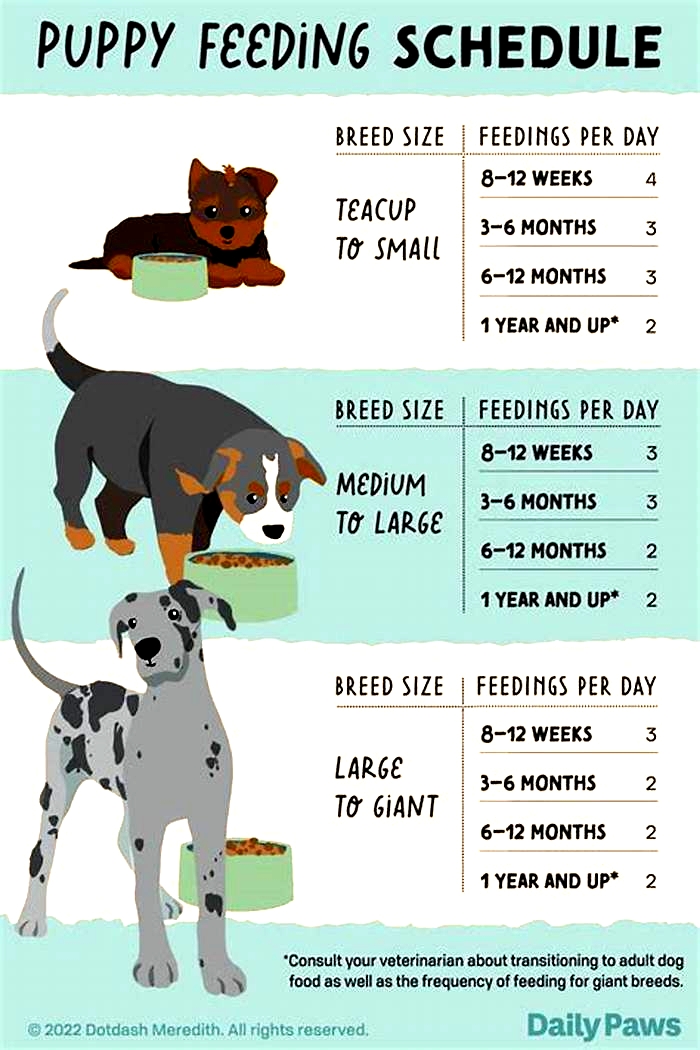Do Labradors ever stop eating
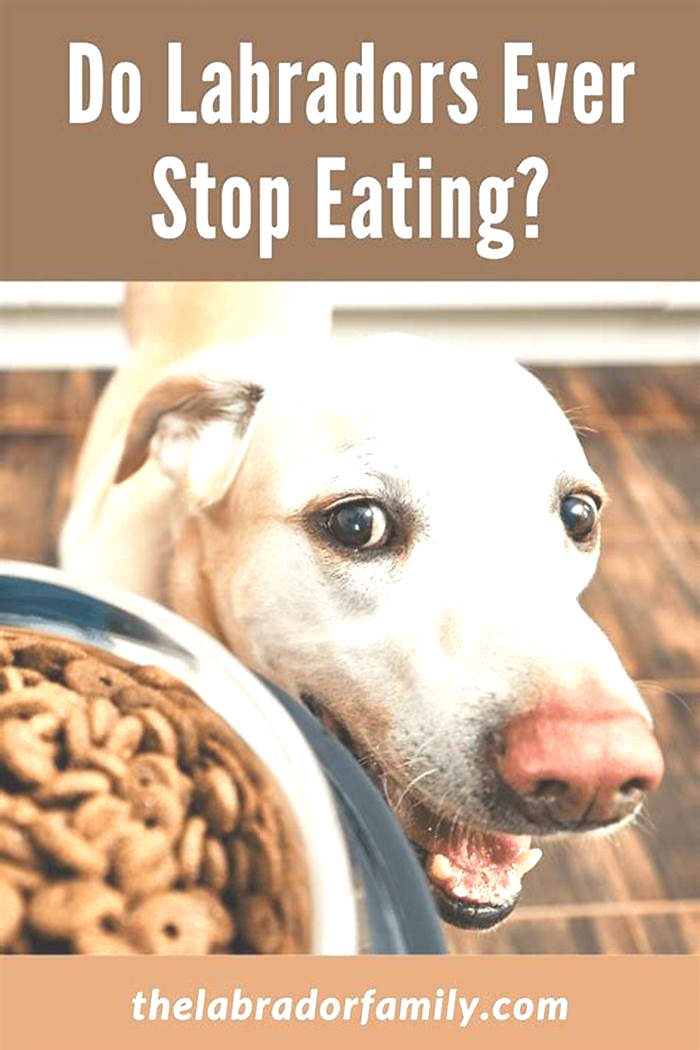
Will Labrador Retrievers Eat Themselves to Death?
How Much Should a Labrador Retriever Eat?
It's a relief that Labradors can stop themselves before eating themselves into the grave. Still, overeating, as well as undereating, is dangerous and unhealthy for a dog. So how do you find the right balance?
A Labrador retriever should eat three times a day as a puppy and twice a day as an adult. When it comes to portions, consider factors like age, activity level, and weight. Never resort to free-feeding or a once-a-day diet. These options do not bode well with a Labrador's appetite.
Labrador eating habits are subject to change over time. So it is best to keep that in mind when considering portions.
To start, puppies should get fed three times a day. For actual amounts, you should refer to the serving guide on your dog food's packaging. If your puppy does not finish their food after fifteen minutes, take it away. In this case, you can reduce future portions by a quarter cup (59 mL). Yet, if you notice your dog getting antsy after scarfing down their meal, consider adding a 1/4 cup (59 mL).
After about four months, you can change the feeding schedule to two times a day. Labradors reach their peak height between 14-16 months old. By then, you can cut back on portions as you see fit.
As your Labrador grows into old age, they may become less hungry. In this case, it is vital to maintain a two-meal-per-day schedule. Still, you can decrease portions without skimping on nutrients. Instead, change their food to a nutrient and calorie-dense choice that takes less effort to eat.
Furthermore, consider how active your dog is. If your Labrador expends a lot of energy during the day, they may need a little extra food.
So, how can you tell if you are feeding your Lab too much? As a rule, you should be able to feel your dog's ribs under subtle padding of fat. If you can't find your dog's ribs, they may be overweight. However, if your dog's ribs protrude against their skin, they may be underweight.
What to Feed a Labrador Retriever
Let's take a moment to talk about nutrition. While Labradors can eat everything in sight, that does not mean they should. Labradors, like any dog, need a special diet to stay healthy and happy. So treat your dog to the best food by researching what they should eat.
You should feed your Labrador retriever a dog food approved by theAAFCO (Association of American Feed Control Officials). Furthermore, the prominent ingredient should be a source of protein. Foods preserved with natural vitamins are another plus.
Remember that dogs and people maintain different diets. For example, while humans are omnivores, dogs are carnivores. Therefore, Labradors thrive on a protein-heavy diet. Furthermore, their diets should primarily consist of meat.
Does this mean grains are off the table? On the contrary, some grains are okay since they can also provide protein. Still, carbohydrates are more challenging for dogs to digest. So it is best to find a food that lists at least two meat sources in the first five ingredients.
Furthermore, the one preservative you should avoid isethoxyquin, which is a known carcinogen. Luckily, most dog foods today use Vitamin E or Vitamin C to stay fresh.
How Can I Slow Down My Labrador Retriever's Eating?
Did you know that how a dog eats is as important as what and how much they eat? Fast eating can cause problems, likebloat, for your Labrador. So what can you do to slow them down?
You can slow down your Labrador retriever's eating with small decisive changes. Boundaries and limits, like a feeding schedule, can help your dog pace itself. Plus, environmental changes, like separating your pets at mealtime, will remove the pressure to scarf down food.
Here are five ways you can slow down your Labrador's eating:
- Invest in a programmable feeder: Consider products like the PetSafe Healthy Pet Automatic Dog Feeder, which allows you to feed your dog at preset times. This product works great for when you are away from home.
- Use a compartmented food bowl: Food bowls with compartments provide obstacles that encourage dogs to take their time while eating. For reference, think of the Outward Hound Fun Feeder Slo Bowl - Slow Feeder Dog Bowl. Muffin tins are another suitable option.
- Create a feeding schedule: Labs, like any dog, are creatures of habit. Creating set meal times with smaller portions will help them understand when is the right time to eat. Furthermore, consistent small meals will keep your Lab from binging large spaced-out meals.
- Add water to your dog's food: Soaking your dog's dry food in warm water can make it more filling. In turn, your dog will need more time to eat it.
- Create a specific eating environment: Distractions and stressors can pressure dogs to eat quicker than they need to. For example, if you have multiple pets, make sure they eat in separate areas to avoid competing.
Will My Labrador Retriever Starve Itself to Death?
We know that it is unlikely for Labrador retrievers to eat themselves to death. Still, it would be significantly out of character for them to stop eating. So is it possible for a Lab to starve itself to death?
Your Labrador retriever will not starve itself to death, at least not on purpose. Dogs have a strong survival instinct that guides their eating. Plus, they can survive longer without food than water. Still, if your Lab stops eating for more than 24 hours, check for any underlying problems.
Reasons Labradors Stop Eating
A Labrador without an appetite is a scary thing. For pet owners, a dog refusing to eat may indicate illness. Luckily, there are plenty of reasons your Lab is not eating. Furthermore, some reasons are so simple that you may have overlooked them.
Your Labrador retriever would stop eating due to illness, bad habits, or stressors. Rather than take an alarmist approach, it is better to observe your dog's behavior. There are often other internal and external factors affecting their appetite. Always keep your vet informed when you notice changes.
For more information, check out WebMD's highly informative article. This page expands on the many reasons your dog may not be eating. Furthermore, they offer great solutions to get picky Labs eating again when they lose their appetite.
Note: None of this advice is equivalent to a veterinarian's knowledge and experience. Always consult with your vet when addressing specific problems.
Final Thoughts
In short, your Labrador retriever will not eat itself to death as long as you take care of them properly. While they may have a big appetite, there are many ways you can train them to develop positive eating habits. For instance, Balanced portions, consistent feeding schedules, and a healthy diet are all great places to start. Also, remember to pay attention to your dog's behavior. It will indicate what areas of your Lab's nutrition require improvement.
Labrador Eating Sticks and Rocks? Heres How I Stopped It
What To Do If Your Lab Has Eaten a Stick or Rock
If find your Labrador eating sticks and rocks, the first thing you need to do is make sure theyre healthy and safe. Training and long-term solutions can come later, but your dogs health needs to be the number 1 priority.
Keep an eye on your Labradors poop for the next day or so. If theyve successfully passed the stone, then the problem is usually solved. However, if your dog ate multiple rocks and/or a particularly large one, these could get stuck in their digestive tract.
Gently feel around your dogs stomach to see if you can detect any bulges or hard lumps. Visit the vet immediately if your dog ate a large stone that you can physically feel in their stomach.
Sometimes its hard to be sure whether or not your dog has actually swallowed a stick or rock. We cant watch them every second, and its not always clear when they eat something. Monitor your dogs behavior closely if you suspect theyve been eating non-food items. Warning signs include lethargy, distress, vomiting, and straining/difficulty while pooping.
If you know (or at least suspect) that your Lab has rocks, sticks, and other items stuck in their digestive system, you should take them to a vet as soon as possible. These issues are treatable, but they could cause discomfort and long-term digestive consequences if theyre left unchecked. In the worst-case scenario, undigested rocks and sticks could kill a Labrador.
Vets will discuss the treatment options with you once you arrive, but it will often include an x-ray scan and a surgery.
Look For The Source of This Behavior
The best way to protect your Lab (and your wallet) from a pricey vet visit is to cut off this problematic behavior early on. If youve ever owned a Lab, you know they love to chew on anything and everything, This instinct runs deep and it can be amplified by several factors. To keep them safe in the future, you need to address the root of the problem.
Health Problems and Pain
Labs sometimes get restless when theyre in pain. This discomfort leads them to take comfort in familiar behaviors like eating and chewing. This serves as a distraction for them, but it can lead to even more pain in the future. Issues like Pica, tooth pain, parasites, and overheating can lead to destructive chewing.
Anxiety and Boredom
Dogs also turn to chewing as a source of entertainment or distraction. If theyre unstimulated, they can become restless, anxious, and bored. They may chew on rocks and sticks to gain your attention (whether its good or bad).
Curiosity
At the end of the day, some Labs just like to chew and eat strange things! They may be curious about the texture or just like the taste of it. Its not bad to be curious, but for their own sake, they need to learn what is and isnt okay to eat.
How To Stop Destructive Eating Behavior
Now that we know some of the dangers and root causes, the question is, how can we prevent this behavior in the future? Depending on the dog and the situation, there may be a few ways to keep a Labrador from eating sticks and rocks, as well as other dangerous items. Every Lab is unique, so you may need to try a few different approaches to get through to them. Try the following methods:
Address Their Chewing Instinct
Labs love to eat and chew on things! Thats just their nature and its impossible to fully prevent it. The problem arises when they turn to things like rocks, which can damage their teeth and digestive system.
To help them get their energy out, try to provide them with a variety of safe chew toys. Labradors may get bored if they only have access to one toy, so buy a few of them and rotate them so they stay interesting.
Rawhide bones are fine in moderation, but even these can be harmful to aggressive chewers. Toys made from rubber and nylon are good alternatives. You would also fill a hollow toy with peanut butter and let your dog go to town on that!
Dog-Proof Your Yard
Theres no way to keep your Lab away from all the sticks and rocks in the world, but you can limit their access when theyre at home. If your landscaping includes bark chips, river rocks, pebbles, or other bite-sized items, you may want to replace them or create some kind of barrier.
Keep your yard as clean as possible so your dog doesnt get into the habit of eating your decorative rocks and plants!
Stimulation and Attention Prevents Boredom
A lot of chewing issues happen because your dog is bored or feels lonely. They chew and eat things to distract themselves and find an outlet for their emotions. So one of the best ways to prevent destructive chewing is to give them enough attention and entertainment!
Playing with people or other dogs is a great way to help them burn off excess energy.
Train Them To "Drop it" or "Leave it"
All dogs can benefit from a bit of basic training. They can respond to their name, come when theyre called, and even perform some tricks! But some commands help keep them safe.
An important command for Lab owners to teach them is Drop it or Leave it. If theyre properly trained to respond, the dog will leave the problematic item alone. They cant learn this command overnight, so try to start training your dog as early as possible. Reward good behavior with treats and praise.
Check out the video below for more guidance on training your Lab to let go of rocks, sticks, and toys.
https://www.youtube.com/watch?v=lDZpz448uMU
Final Thoughts
There may come a time when you find your Labrador eating sticks and rocks - it happens more often than you think. With a little help from their owners, Labs can learn safe habits and curb this behavior. If you provide proper stimulation, remove temptation, and train them to obey, rocks and sticks will soon be off the menu!

